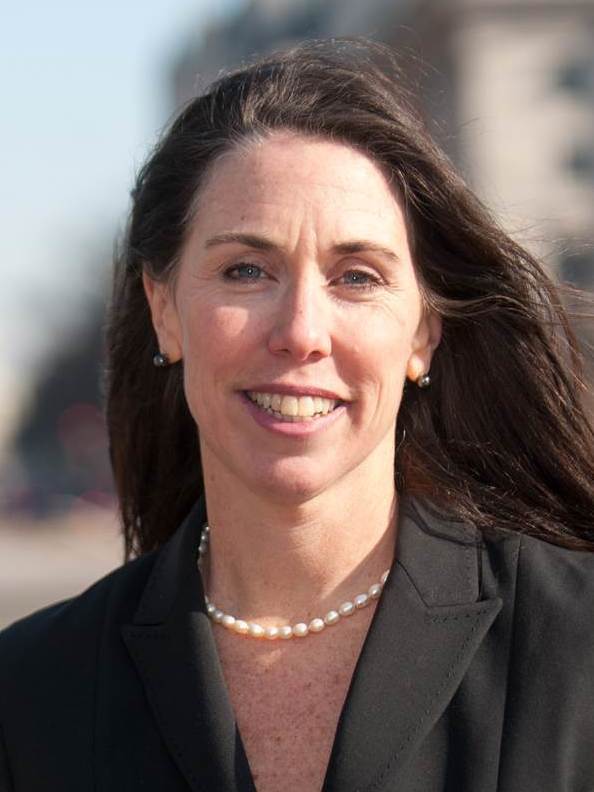Introduction
Rep. Scott Garrett, R-N.J., has been a favorite son of financial services firms — and it shows in his campaign finance reports. Garrett’s biggest source of campaign cash in the 2012 election cycle came from the securities and investment industries.
Those supporters were likely surprised this week when Garrett suggested he’d allow the nation to default on its debts rather than agree to budget money for the Affordable Care Act, the nation’s health care reform law.
“If it doesn’t have a full delay or defunding of Obamacare, I know I and many others will not be able to support” an increase in the federal debt limit, Garrett told the National Review this week.
Garrett collected about $537,000 from employees and political action committees of securities and investment companies in the 2012 election cycle, according to the Center for Responsive Politics. That includes $39,500 from the PACs sponsored by primary dealers in U.S. Treasury securities, the 21 companies that are designated to buy debt directly from the government.
JPMorgan Chase & Co. is among the primary dealers who supported Garrett with a $10,000 contribution from its corporate PAC. Spokesman Mark Kornblau did not respond to a phone message from the Center for Public Integrity seeking comment.
Garrett is chairman of the capital markets subcommittee on the House Financial Services Committee, which oversees the Securities and Exchange Commission. His spokeswoman, Maggie Seidel, did not respond to emails and a phone call seeking comment.
Goldman Sachs Group Inc. contributed $4,000 to Garrett’s 2012 campaign through its PAC. The PAC of Credit Suisse, meanwhile, gave his campaign $9,500. He also received contributions from the PACs of Deutsche Bank, UBS AG, Nomura Securities and HSBC, all of which are primary dealers.
Garrett isn’t the only member of Congress who appears none too concerned about the prospect of defaulting on the national debt who has been supported by the very companies who trade in that debt.
Sen. Pat Toomey, R-Pa., is also a favorite of Wall Street, and received $16,000 from the PACs of the eight primary dealers who have them, according to a Center for Public Integrity analysis of data from the Center for Responsive Politics. Toomey’s campaign received contributions from Goldman, Credit Suisse and UBS, among others.
Earlier this week, Toomey, an anti-tax crusader, tried to extract a promise from Treasury Secretary Jack Lew that the U.S. would pay interest on Treasury securities before making other payments if Congress failed to pass an increase in the limit. Lew refused.
President Barack Obama has said that if Congress doesn’t pass a law to boost the amount the government is allowed to borrow, the U.S. will begin missing payments as early as Oct. 17. The first major interest payment due on Treasuries after that date is Nov. 1.
Rep. Randy Neugebauer, R-Texas, who also sits on the Financial Services Committee and opposes raising the debt limit, received $27,500 from primary dealer PACs during the 2012 election cycle.
And Sen. Ted Cruz, R-Texas, who last month staged a fake filibuster to try to stop Congress from implementing a budget that includes money to pay for Obamacare, benefited from primary dealer largesse to the tune of $11,000, including $5,000 from Goldman Sachs’ PAC.
Goldman spokesman Andrew Williams declined to comment on the company’s political giving. Credit Suisse spokesman Jack Grone also declined to comment. Spokespeople for UBS and Deutsche Bank did not respond to calls or emails seeking comment.
Read more in Money and Democracy
Primary Source
Obama campaign pocketed Ponzi schemer cash
Thirty-nine political candidates, committees have not returned R. Allen Stanford contributions
Primary Source
Political fundraising boosted by shutdown, default
Democrats and Republicans using government chaos to plead for campaign cash

Join the conversation
Show Comments